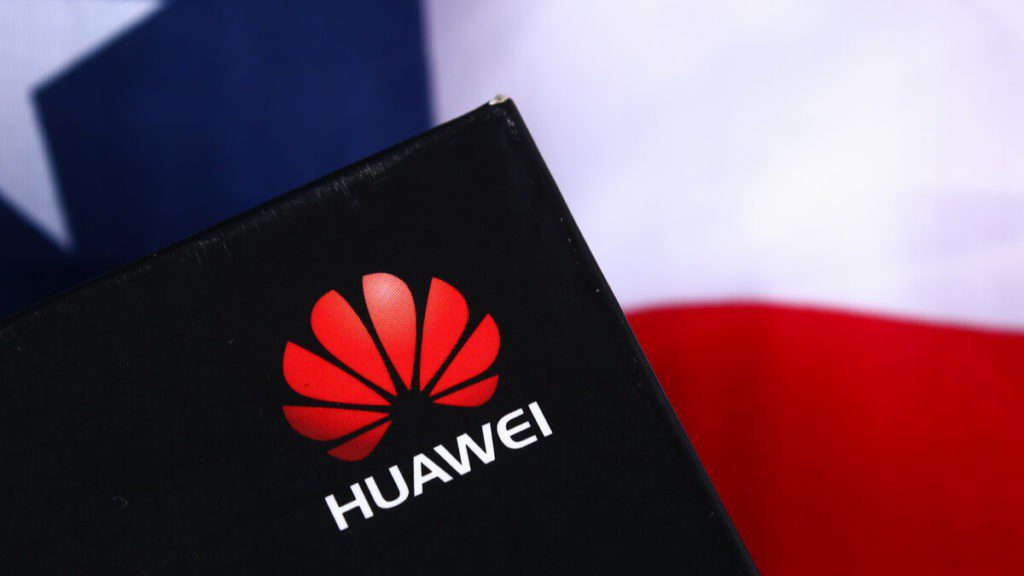
The US Commerce Department declared on June 14, 2020, that it would amend its prohibitions on US companies’ business with Huawei. However, the Chinese tech giant – long considered a cybersecurity threat to the US and its allies – has been officially banned from doing business with American companies.
On June 30, 2020, the Federal Communications Commission (FCC) issued a public notice prohibiting the use of services provided by a company that poses a threat to the communications networks or supply chain. “The Public Safety and Homeland Security Bureau announced that it has released orders issuing final designations of Huawei and ZTE, as well as their parents, affiliates, and subsidiaries, as companies posing a national security threat to the integrity of communications networks and the communications supply chain”, the notice states.
The decision will ultimately change the future of the telecom industry in the US. FCC Chairman Ajit Pai’s statement shows that the FCC initially set a $8.3 billion Universal Service Fund a year. This amount of money will no longer be available to purchase equipment and services from Chinese suppliers.
The FCC’s decision will affect the price of the communications services. In fact, rural network providers that have been relying on Huawei’s cheap prices to provide communication services to their clients have to opt for new equipment providers.
On the other hand, the decision is crucial for Ericsson and Nokia considered as the main competitors for the Chinese telecom giant Huawei. On February 6, 2020, U.S. Attorney General William Barr delivered a Keynote Address at the Department of Justice’s China Initiative Conference during which he asked, “Whose infrastructures are they [US and its allies] going to install? In his opinion, the US should have a ready market place to replace Huawei. “The United States should consider taking a controlling stake in European telecoms equipment makers Nokia and Ericsson,” said Barr according to CNBC.
Cevian Capital, Ericsson’s biggest shareholder said that US interest in the technology firm is clearly positive for the company, Sweden and shareholders, states CNBC. However, Dexter Thillien, senior analyst at Fitch Solutions, told CNBC that he doesn’t think Ericsson and Nokia would be happy about Barr’s comments. This reinforces the perception that these two companies are far behind Huawei and they need help from the US.
For the US, a decision regarding 5G infrastructure owners is crucial. Attorney Barr said, “It’s a one-time decision. It is a big decision and, mistakes are not allowed”. The mid-band spectrum called the “C-band” is essential for a robust 5G system in the US, according to Barr.
A bill issued on March 12, 2020, establishes a program to remove equipment’s and services provided by companies that may cause threat to the US communications network. However, it includes the provision of $1 billion to help rural telecom providers “rip and replace” the existing equipment.
The Federal Communications Commission decision will be a game-changer for Huawei’s dreams to secure its involvement in the 5G network worldwide. Officially considered “National security threats”, the company will face huge problems while trying to secure 5G deals. Other international companies are now in the loop.